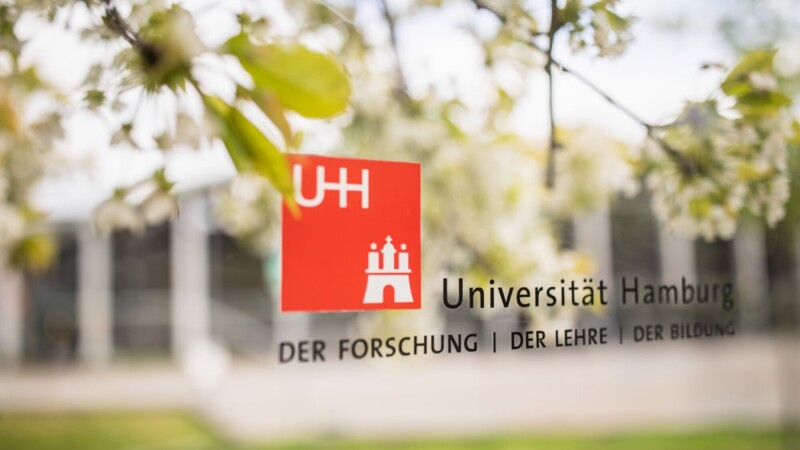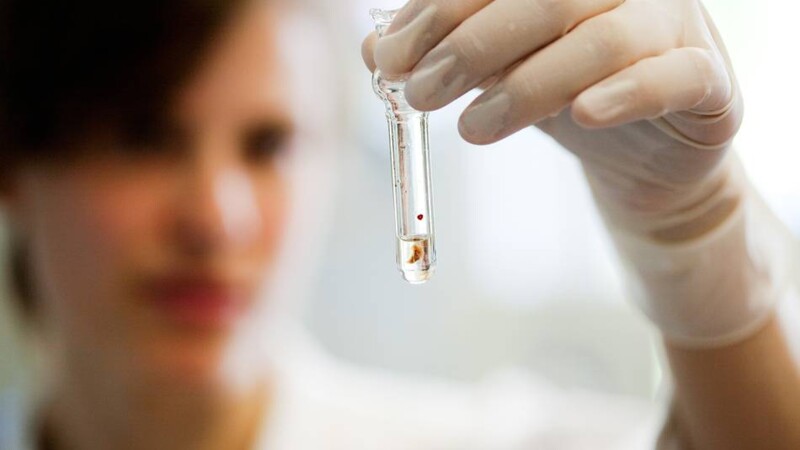"We live in a complex network of rules that govern how nations, economies, and societies are organized. As citizens, we agree to these rules and define them via institutions that are supposed to fulfill certain tasks,” said Prof. Dr. Dr. Lydia Mechtenberg in the Department of Economics at University of Hamburg. Her research group, FOR BISC is examining how three crucial engines of change namely climate change, globalization, and technological change (as well as mass migration) are impacting social structures. She added: “Thanks to these extreme influences, there is a redistribution of material and immaterial costs and uses. This can lead, e.g., to changing faith in the quality of existing institutions. And changes in one’s own values can lead to new political, social, and economic conflicts. All of this can adversely affect the legitimacy of institutions."
A new research group called "Significant Structural Change" (FOR BISC) at the University of Hamburg (UHH) is studying the causal mechanisms of social change using theory-based lab and survey experiments and other empirical methods, a press release said Wednesday (July 3, 2024). The German Research Foundation (DFG) and the Austrian Science Fund are putting more than EUR 3 million towards the four-year project. Meanwhile, funding for a biology research group at UHH has been extended.
Focus on political, social and economic conflicts
More funding for another UHH research project
The DFG now has nine new research units and one research training group in Germany. The funding allows researchers to focus on pressing issues in their field, and to establish innovative new directions in research. During the first phase, the projects are funded for four years. Three existing research groups including "exRNA: Communication in host-plant-microbe interactions through extracellular RNA" will receive ongoing funds. The research group, led by Prof Dr Julia Kehr, Professor of Molecular Plant Genetics in the Department of Biology, focuses on communication between host plants and interacting microbes to better understand infections and symbiotic relationships.
fw/mm/pb
Sources and further information
More
Similar articles

University of Hamburg gets EUR 1.25 million for climate research

University of Hamburg gets EUR 1.45 million for cultural research

